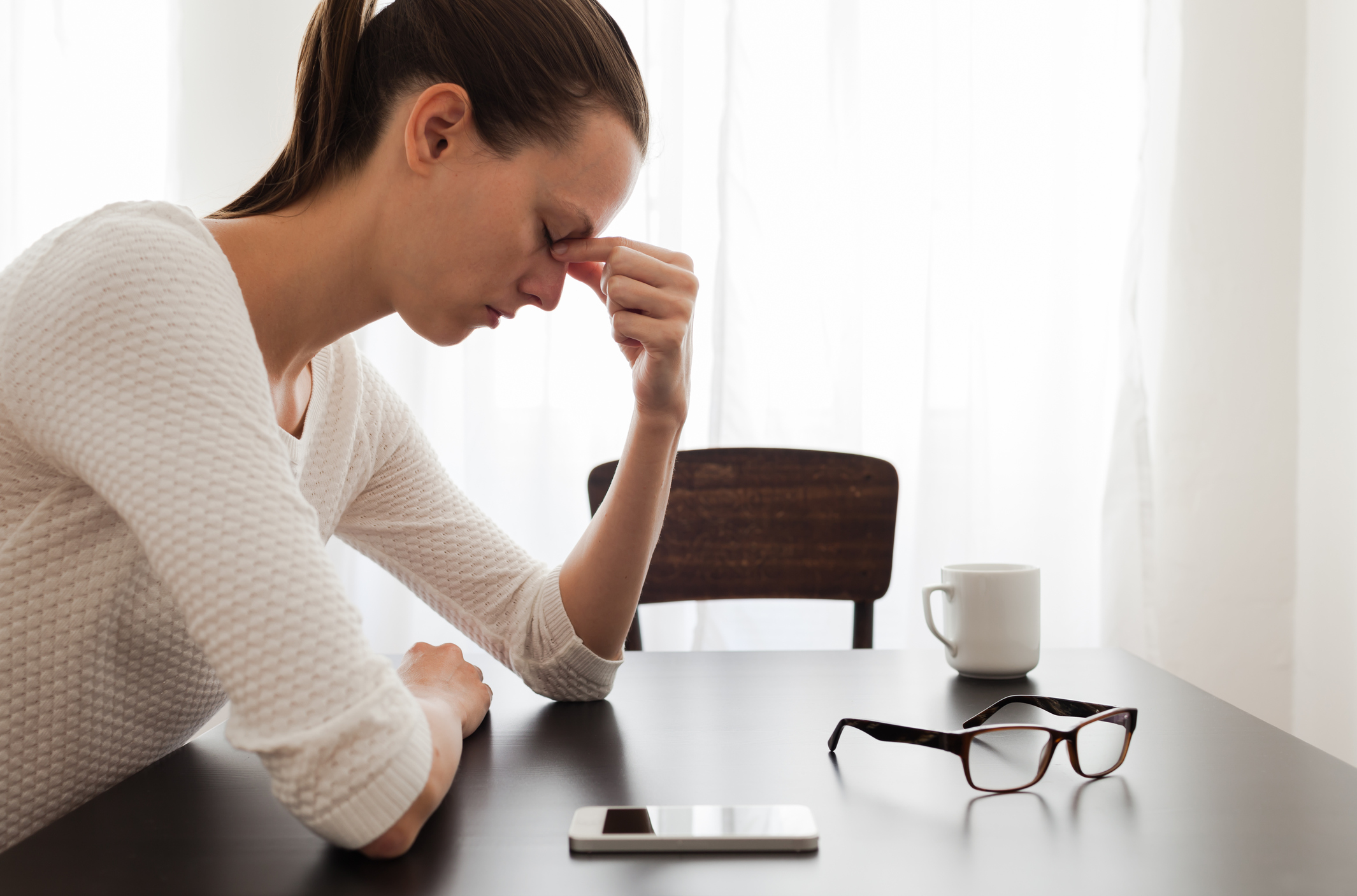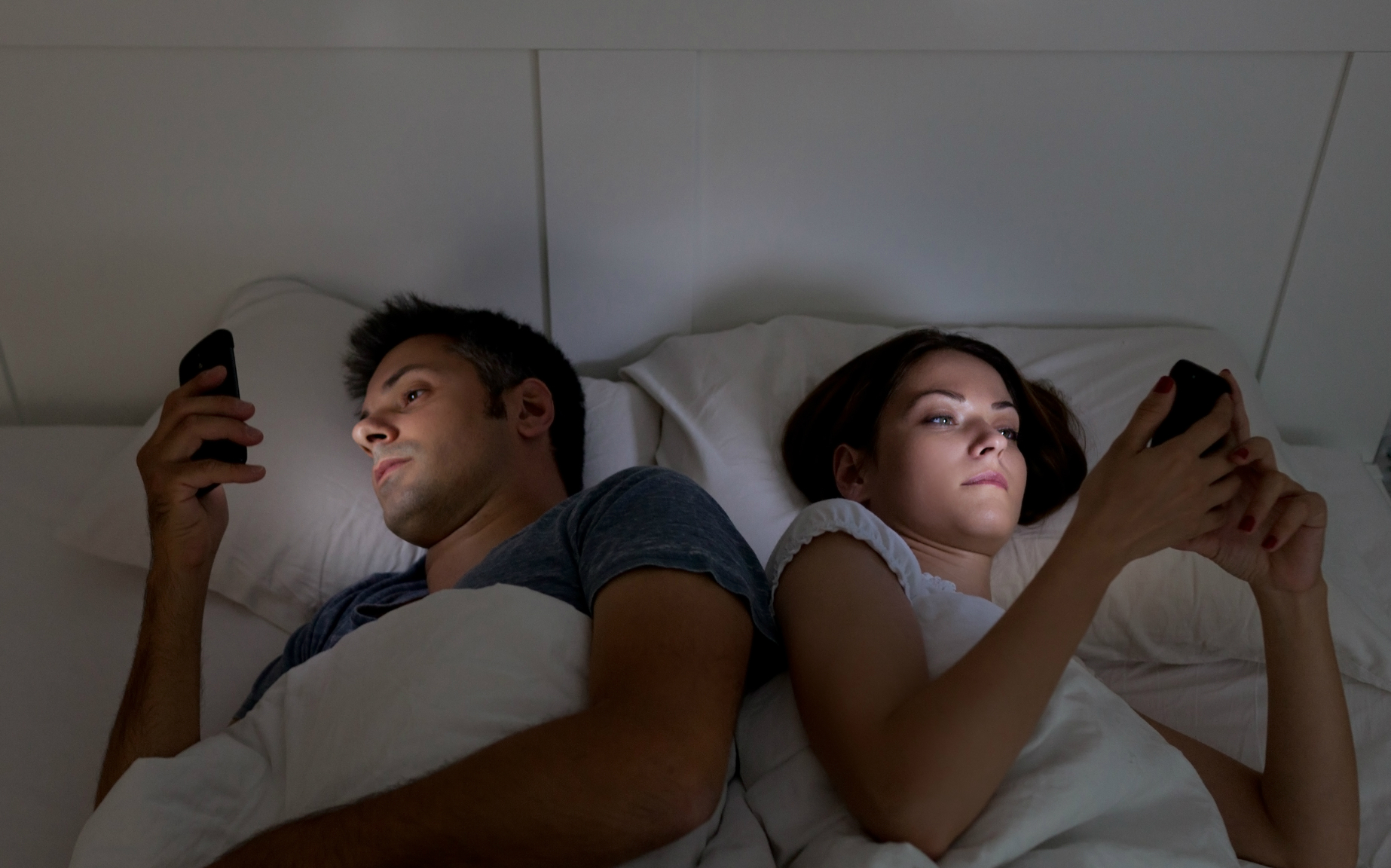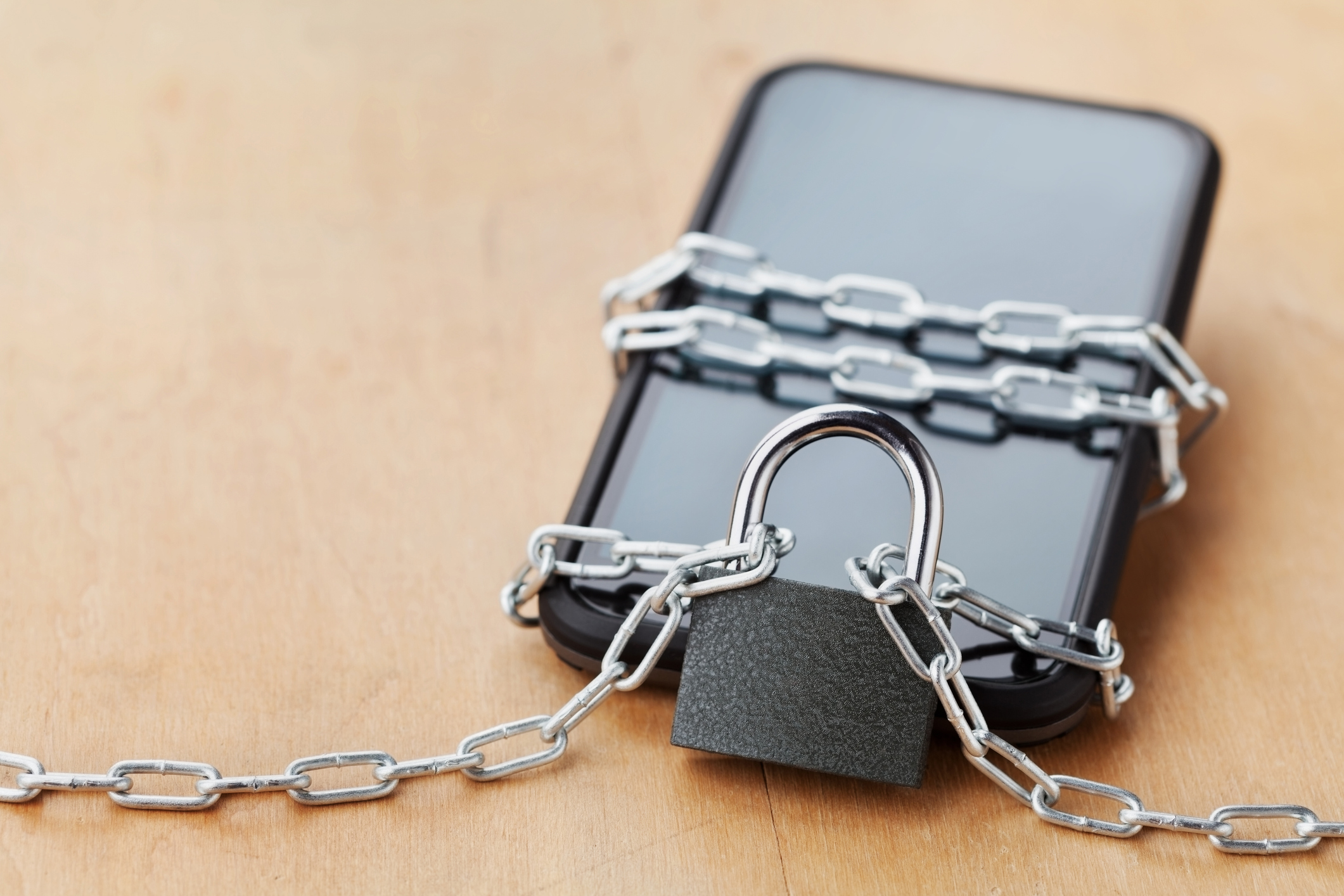We’ve come a long way in terms of how technology has shaped our lives and interpersonal communications in the virtual space. While it’s a great medium to keep in touch with the world, see what your friends, family, and celebrities are up to, and do a million other things with, technology is altering our lives in more ways than we would like. Not only is our digital dependence physically altering our body, it is also compromising our mental health and emotional quotient to a large extent.
The obvious ill effects include bright screens messing with our eyes and affecting our vision in the long run, stressing our retina and leading to more severe problems such as headaches and even migraines. Staring at bright screens for long periods of time during the night can significantly reduce your body’s ability to produce melatonin – a hormone which induces sleep – and negatively affect your sleep pattern leading to larger health problems in the future. Other physical problems that technology makes you vulnerable to are spinal issues that start from the neck, carpel tunnel syndrome, and so on.
Being wired to the virtual world 24×7 also alters our perception of time, and makes our brains believe we’re busy doing something at all times when we’re actually not being productive for a large part of the day. After prolonged seamless transitions from one device to another, our brain perceives everything we do as work, and that we haven’t taken a break in the entire day. And that is exactly why we’re so stressed, and drained of all our energy by the end of it.

That’s not all. According to studies, each time you browse through social media, you lose a significant amount of self-esteem and experience dissatisfaction with your current situation. And in worse cases, this feeling may lead to disorders such as anxiety, depression, and so on.
While we have painted a grim picture of what technology is doing to our lives and our bodies, all is not lost yet. And no, we are not a generation doomed to die out because we have digital privilege. There is still a lot we can do to improve our lifestyle and curb the negative effects technology has on us. All we need is a digital detox from time to time, and here’s how you should start with this healthy lifestyle.
Go back to the basics
There was a time when technology wasn’t omnipresent, and we still got everything done, and kept in touch with whoever mattered. Try adapting this traditional lifestyle once in a while, and see how it makes a significant difference in the long run. Make small changes: like use a notepad and a pen to take important notes, take a book to the loo instead of your Smartphone, go watch a theatre performance instead of a movie at home, and so on.

Get rid of addiction triggers
If you’re addicted to Facebook, or a game on your phone, go cold turkey on them. We know it’s hard, but mustering the will to delete these will have more positive effects on your life than you can imagine. If you can’t find the courage to pull the plug, try apps and services that can help do it for you. Here’s one you can use on your phone.
Keep them out of reach
When you’re going to bed, or doing something important that can do without the distraction of your phone, keep it somewhere you can’t access it with ease. Keeping your phone away from your bed, while you sleep, is half your problem solved and will ensure an improvement in the snooze quality in the long run. If you need the alarm to wake up, use a traditional clock instead, or keep your phone far enough to be unreachable from your bed, but close enough for the alarm to be audible.
Ration your usage
If you can’t really do a full detox, try doing it for a few hours in a day, or try getting your usage down to a bare minimum. An app like this can help you count the number of hours you’ve spent on your phone, and help curtail your urge to pick up your phone the next time. Start small, by powering down once or twice in a day, and reward yourself whenever you succeed. Give yourself one designated time to check everything – from emails, social media, and so on. And limit your phone usage to calls and texts (only when necessary).

Learn to live life on your own terms
Last but not the least, train yourself to curb your FOMO and your mission to seek validation on social media. If you’re on a holiday, enjoy your surroundings, take in as much as you can from the place you’re at, and don’t let your digital devices come between you and your experience. You do not need to check-in at every turn you take, and your 2000 acquaintances can do just fine without you sharing every detail about your life through pictures. Experiences matter, learn to live them without putting a lens between your eyes and the ambience. If you think it’s impossible to do so, plan a trip to a lesser known yet beautiful place with minimum network coverage, spend a weekend or more there, and see the difference for yourself.




